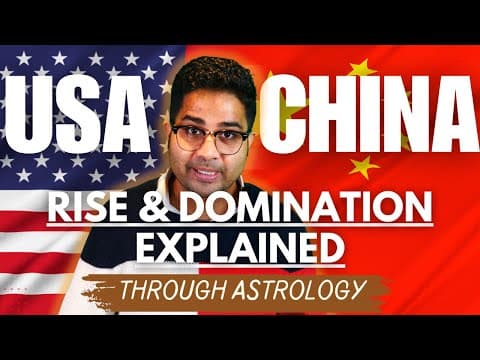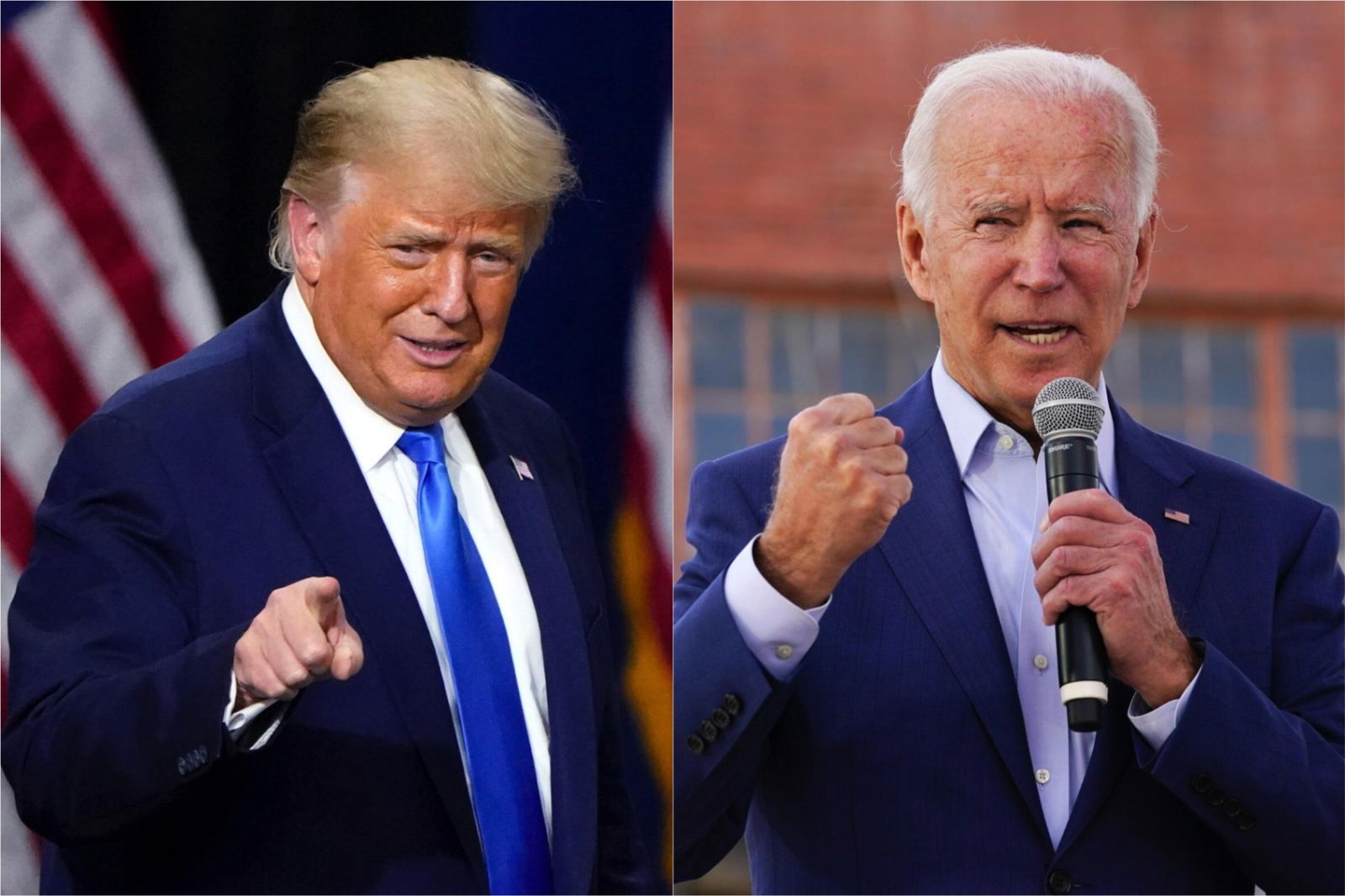In the vast tapestry of human history, the rise and influence of nations often appear driven by economic strength, military might, and diplomatic maneuvers. Yet from a Vedic point of view, celestial forces also guide the destiny of societies. Political astrology is a specialized field that examines how planetary alignments affect the fortunes of governments, leaders, and global alliances.
Vedic astrology looks beyond surface events. It explores how cycles of energy, revealed in birth charts or national charts, intersect with critical astrological transits. When applied to modern geopolitics, this approach can offer fresh insights into why some countries dominate the world stage. Many enthusiasts of political horoscope analysis believe that understanding these higher patterns can help us interpret the unfolding events around us.
Vedic Foundations of Political Astrology
In Vedic thought, each planet has unique qualities that shape how a nation projects power. The Sun stands for authority. Mars signifies aggression and defense strength. Jupiter represents expansion, wisdom, and growth. Saturn governs discipline, structure, and mass karma. By blending these influences, politics in astrology can be interpreted in a way that explains both opportunity and conflict among nations.
When astrologers study a country’s chart, they look at houses connected to status, finances, alliances, and global perception. For example, the Tenth House reveals leadership and a nation’s global reputation. The Eleventh House speaks of ambitions, networks, and the capacity to exert influence. The Twelfth House highlights secrets, hidden strength, and behind-the-scenes strategic moves. Analyzing a nation’s chart against current planetary transits helps forecast shifts in political alliances, military postures, and even trade policies.
Understanding the Astrological Chart of the United States

One of the most prominent charts used in Vedic political astrology for the United States gives it a Leo Ascendant. This sign is ruled by the Sun, which resonates with qualities of bold leadership and desire for recognition. That same leadership can manifest in different ways over time, but it typically aims for a strong global impact.
In the chart, much attention falls on the Eleventh House. Astrologically, the Eleventh House can signify influence, clout, and how a nation commands resources. When malefic or forceful planets gather there, a country might project its power aggressively or even militarily. Mars, known as the planet of war and defense, shows its presence in that zone. It encourages the development of a strong defense industry and a willingness to enter or facilitate conflicts abroad.
Jupiter, often linked to optimism and moral ideals, also contributes to the US chart. Jupiter’s energy provides a sense of purpose and righteousness. This can explain how the rhetoric of defending freedom and democracy often supports the nation’s strategies. But the same placement can also blur lines between purely defensive aims and acts of expansion or intervention.
When these influences combine, the US sometimes becomes an active participant in conflicts. Over the decades, it has shaped global arms markets and pursued extensive military operations. From a Vedic standpoint, this pattern emerges whenever aggressive transits spark that underlying Mars in the Eleventh House. It can manifest as a strong desire to maintain or extend influence in regions undergoing political or social turbulence.
Some astrologers observe that transits involving Mars and Saturn often coincide with watershed moments. These may include military actions, escalations of defense budgets, or high-stakes diplomatic standoffs. These events align with the chart’s built-in emphasis on power projection and leadership. The cyclical position of the Moon also becomes crucial, as the Moon represents the public mood and support for foreign policy. This can determine whether the nation rallies behind interventionist actions or resists them.
From a modern viewpoint, the US approach to foreign policy and arms exports can appear connected to economic incentives. Yet from a Vedic angle, deeper karmic patterns may also be at play. When tough planetary transits activate these karmic seeds, the US finds itself caught between promoting peace ideals and engaging in confrontations abroad. Observers of latest astrological predictions on USA politics often track these transits to anticipate policy changes or shifts in global alliances.
Examining China’s Astrological Profile

China’s rise can similarly be analyzed through political astrology. Its chart reveals a different style of power projection. Though various charts circulate among astrologers, one interpretation highlights an emphasis on houses of trade, collaboration, and behind-the-scenes maneuvering. Benefic planets like Venus or Jupiter placed strongly can boost a nation’s capacity to forge strategic alliances, sign large trade deals, and quietly expand its global footprint.
China’s approach to dominance has often been tied to economic partnership. Rather than rely heavily on open confrontation, it focuses on production, technology transfer, and establishing strong supply chains. This resonates with the presence of a dignified Jupiter, known in Vedic thought to facilitate wisdom, expansion, and wealth through careful planning. The Twelfth House in China’s chart has also been described as powerful, hinting at strategic activities that unfold away from the public eye. Reverse engineering and technology adaptation fit this pattern, reflecting the behind-the-scenes workings of strong Twelfth House energies.
Over time, as more foreign companies poured investments into China, the synergy of Jupiter’s blessings and the collaborative side of Venus has allowed the nation to absorb technical knowledge. Through joint ventures, China has emerged with improved technology, manufacturing capacity, and self-sufficiency. In Vedic terms, this process can be viewed as Jupiter’s growth principle working in tandem with Saturn’s emphasis on structure and discipline. It is slow and methodical, yet it yields vast results when nurtured correctly.
Astrologically, Saturn’s role ensures that China’s growth, though rapid, is anchored by strict governance and social controls. This discipline has helped the country implement large-scale projects. It has also given China a sense of resilience. External pressures or trade wars may disrupt it, but Saturn’s unwavering grip on order and regulation often manages to keep the system cohesive.
Whether we are analyzing the US or China, we notice that the alignment of each nation’s chart with global planetary movements sets the stage for significant geopolitical shifts. Because the US chart has a strong emphasis on Mars and dominance, it may sometimes clash with China’s pragmatic approach. Meanwhile, China’s reliance on trade-based expansion means it can pivot when planetary transits favor negotiation or alliances.
Global Dynamics and Future Outlook
In politics in astrology, it is crucial to consider how current and upcoming planetary transits create tension or collaboration. As the Sun, Saturn, and other key planets move through signs, they activate houses in each nation’s chart. For the US, upcoming planetary alignments may highlight internal debates over foreign policy or defense spending. Mars cycles could again trigger confrontations or intensify rhetoric regarding potential conflicts abroad.
For China, Saturn’s transit through key houses can bring phases of consolidation, reorganization, or even unexpected challenges. Jupiter’s path may open new markets or diplomatic avenues, enabling the nation to expand strategic partnerships. If transits spark tension in the Twelfth House, covert strategies might become more prominent. This can mean heightened competition in technology, infrastructure, or global influence.
Enthusiasts seeking latest astrological predictions on USA politics often watch these cycles closely. They anticipate possible trade disputes, negotiations, and shifting alliances. Even seemingly unrelated events—like leadership changes or major global incidents—can be influenced by the interplay of planetary energies in each nation’s chart. Times when the US aligns with fiery transits can see bold interventions. Meanwhile, times when China’s chart is stimulated by Jupiter and Mercury might lead to swift moves in economic expansion or new forms of cooperation.
No chart operates in isolation. Both the US and China affect other players on the world stage. Their interactions influence trade balances, conflict zones, and global governance institutions. From a Vedic viewpoint, these evolving patterns speak to the cosmic dance of karma, where collective destinies intersect. Observing how planetary shifts spark policy changes can help watchers and decision-makers navigate unpredictable times.
Conclusion
When seen through the lens of political astrology, the US and China each embody distinct karmic blueprints. The US leans on show of force and ideological missions, driven by a potent Mars influence and the desire for global recognition. China, conversely, builds economic might and strategic relationships, often guided by Jupiter’s wisdom and subtle Twelfth House maneuvers. These different cosmic signatures define how each nation asserts itself and handles rivalries.
Transits over these natal planetary placements reveal when tensions might surge or opportunities emerge for cooperation. They also show why diplomacy sometimes succeeds against all odds, or why certain wars and conflicts drag on. The interplay of Saturn, Jupiter, Mars, and the Sun shapes how both powers adapt to obstacles and seize the moment on the world stage.
In this era of constant change, Vedic methodology offers a deeper perspective. By examining celestial patterns, we gain insights into the forces behind major international developments. It does not replace the practical realities of economics or geopolitics. But it can add a crucial layer of understanding, illuminating why events unfold as they do. Through political horoscope analysis, astrology enthusiasts study how each nation’s chart resonates with planetary currents to interpret the global drama.
In the years ahead, these cosmic alignments will continue to influence national destinies and steer global conversations. Some transits may encourage peaceful solutions. Others may rekindle disputes over trade, territory, or ideology. As watchers of planetary movements, we can prepare ourselves for the dynamic interplay of earthly ambitions and cosmic rhythms. By keeping our eyes on the heavens, we stay alert to the subtle lessons that arise from ancient wisdom. In the end, astrology provides a window into how fate and free will merge to shape the arcs of nations, offering a guiding light for those who seek clarity in a rapidly shifting world.




















